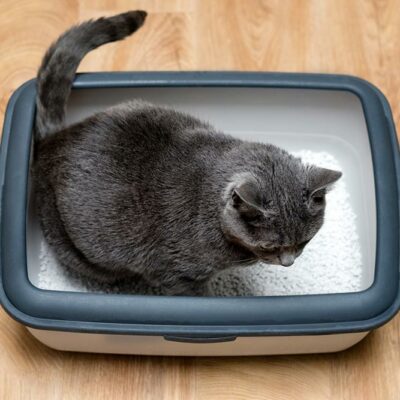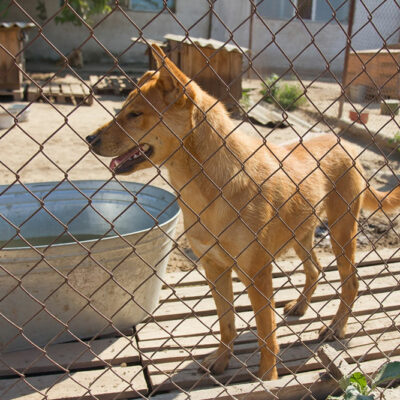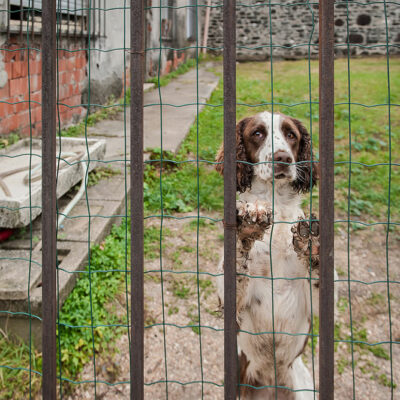Pets
6 human foods that cats can safely eat
Cats are picky eaters, but they may jump with glee if you share a titbit from your plate. Felines love variety in food, and you can share some of your food if it is nutritious and non-toxic. Moderation is the key when you feed human food to your cat so that it does not cause any allergies or digestive issues. Here is a list of six human foods that are safe for your cats: Eggs Small quantities of cooked eggs are good for cats. You can set aside a tablespoon of scrambled egg or a piece of a boiled egg while you cook some for yourself. Don’t season it, add any oil or butter, or feed raw eggs or yolks. Eggs contain a protein called Avidin that may prevent the absorption of Vitamin B. Raw eggs could contain Salmonella, a bacteria that can infect the GI tract of both cats and humans. Severe infection may lead to death in cats, while humans may need hospitalization. Vegetables Cats are carnivores and are partial to meat; a non-meat diet may not excite them as much. However, you can feed small portions of a few vegetables that can supply your cat’s fiber, protein, and nutrition requirements.
Read More 









